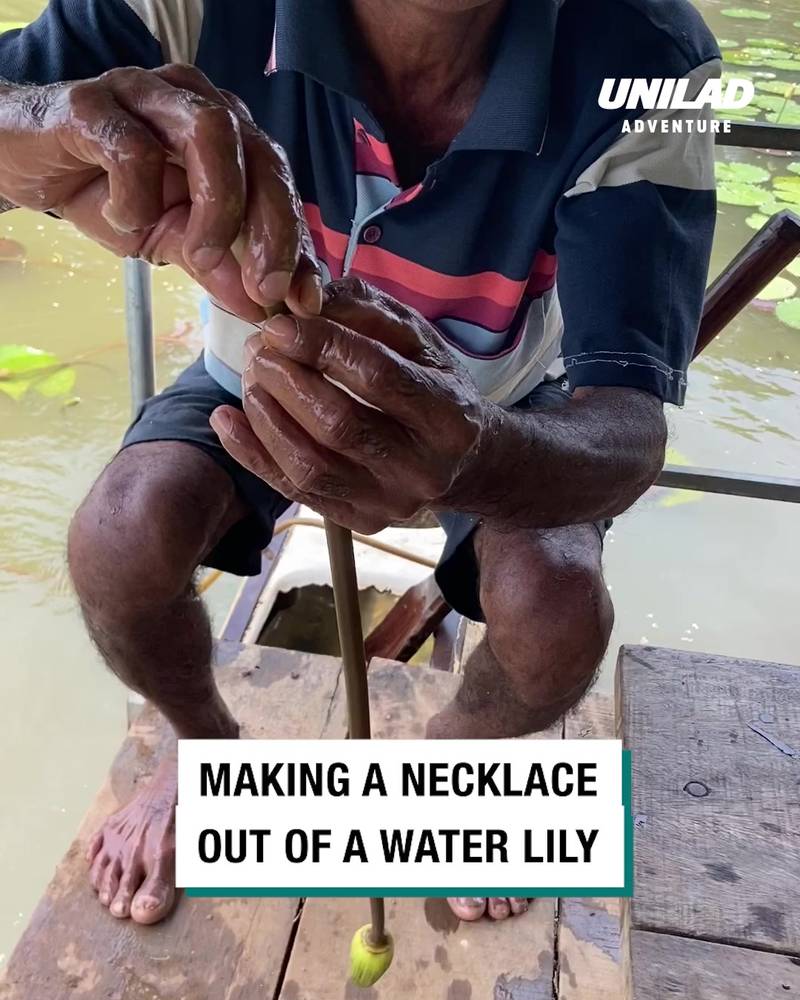
Making a necklace out of a water lily
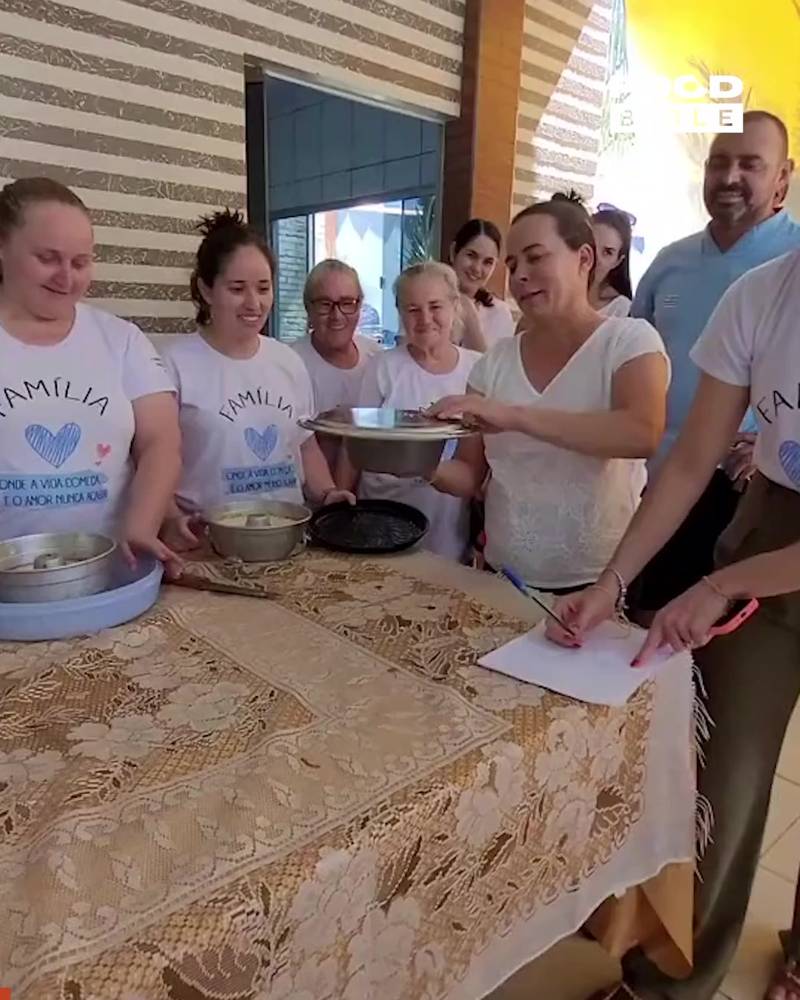
Family Pudding Competition
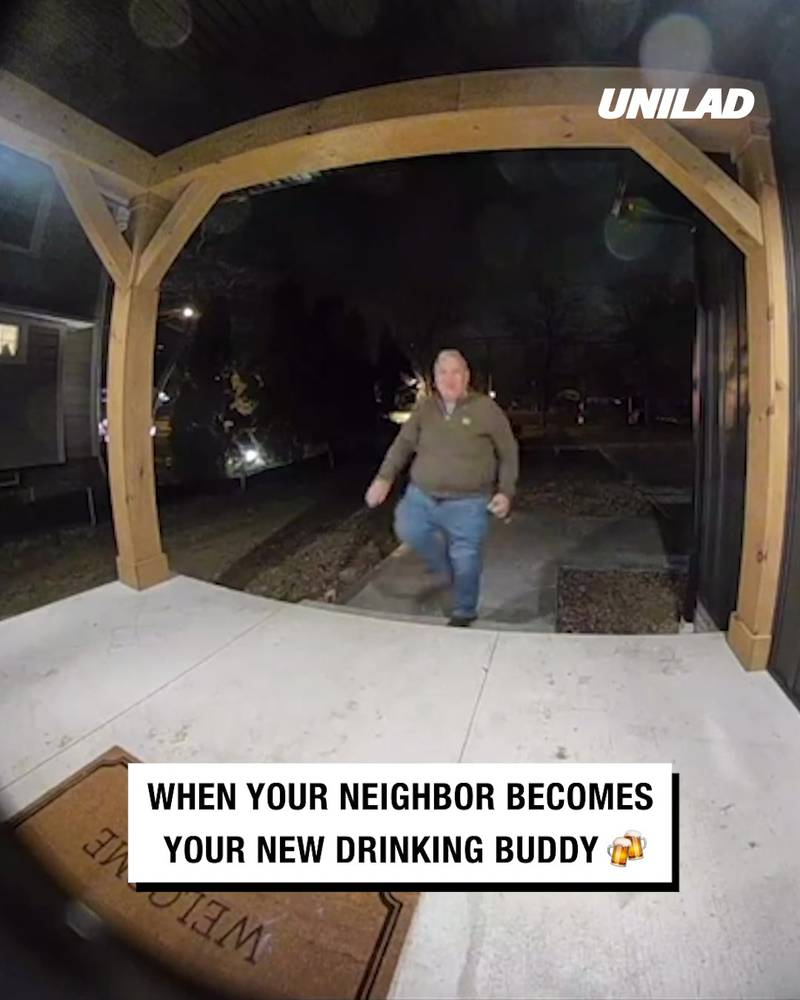
This is what true happiness looks like
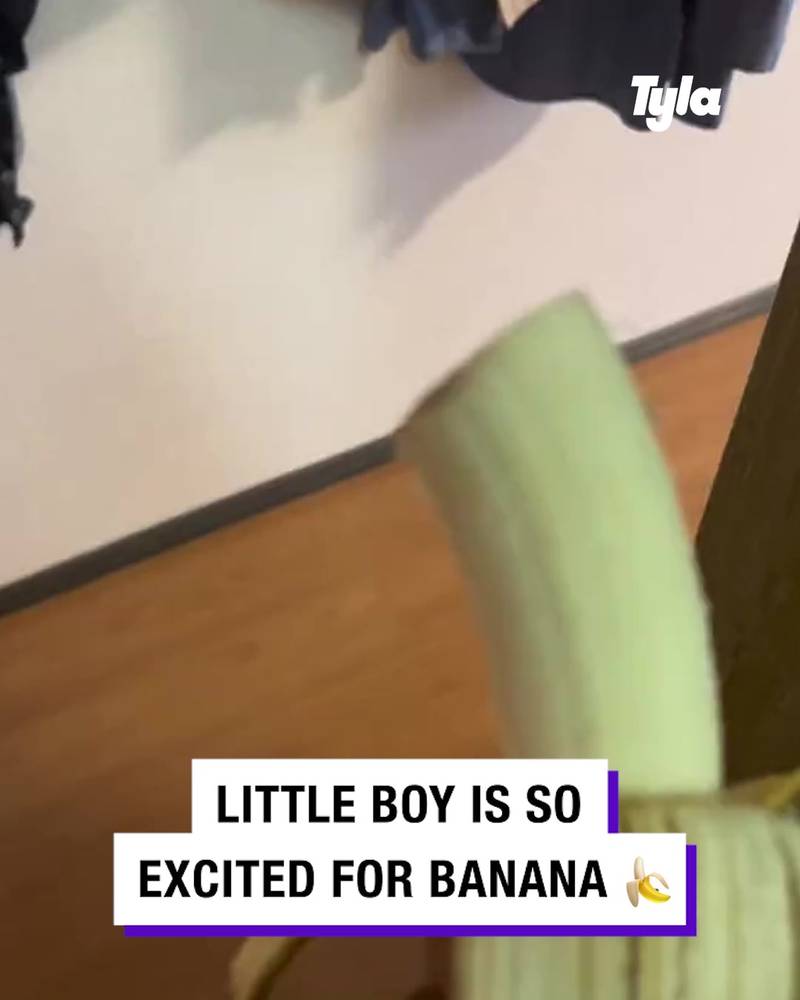
Little boy is so excited for bananas 🥺🍌
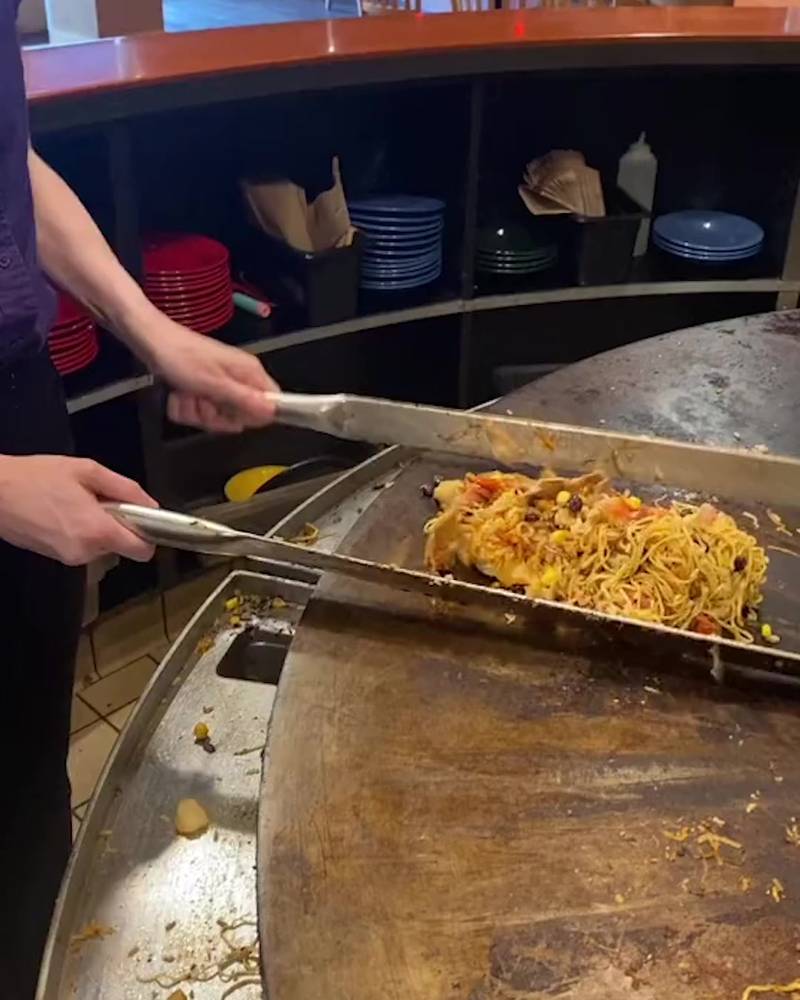
'Enjoy Your Food!' 'You Too!' 😳🤣
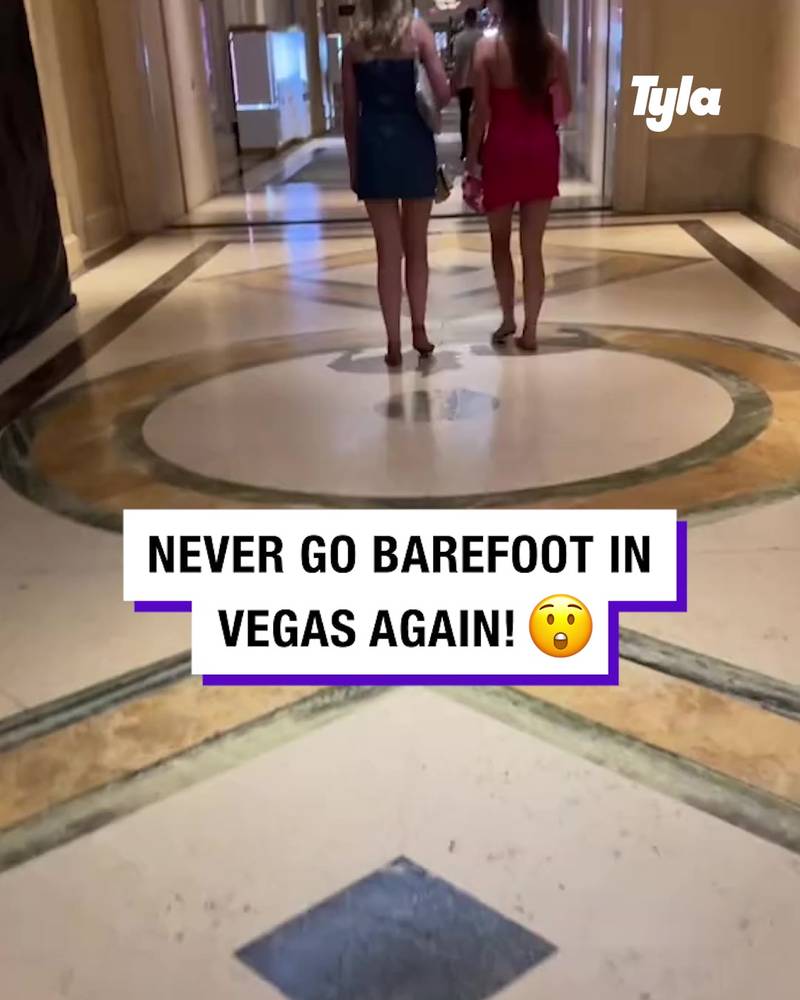
Shoe vending machine
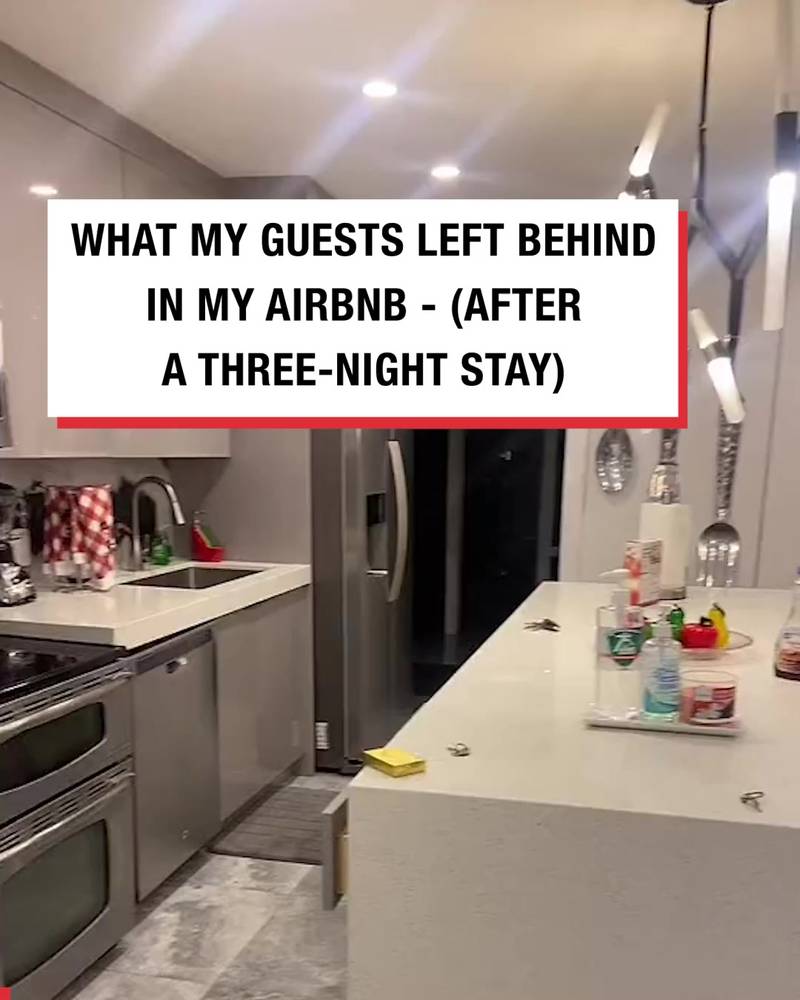
What guests left behind at my Airbnb
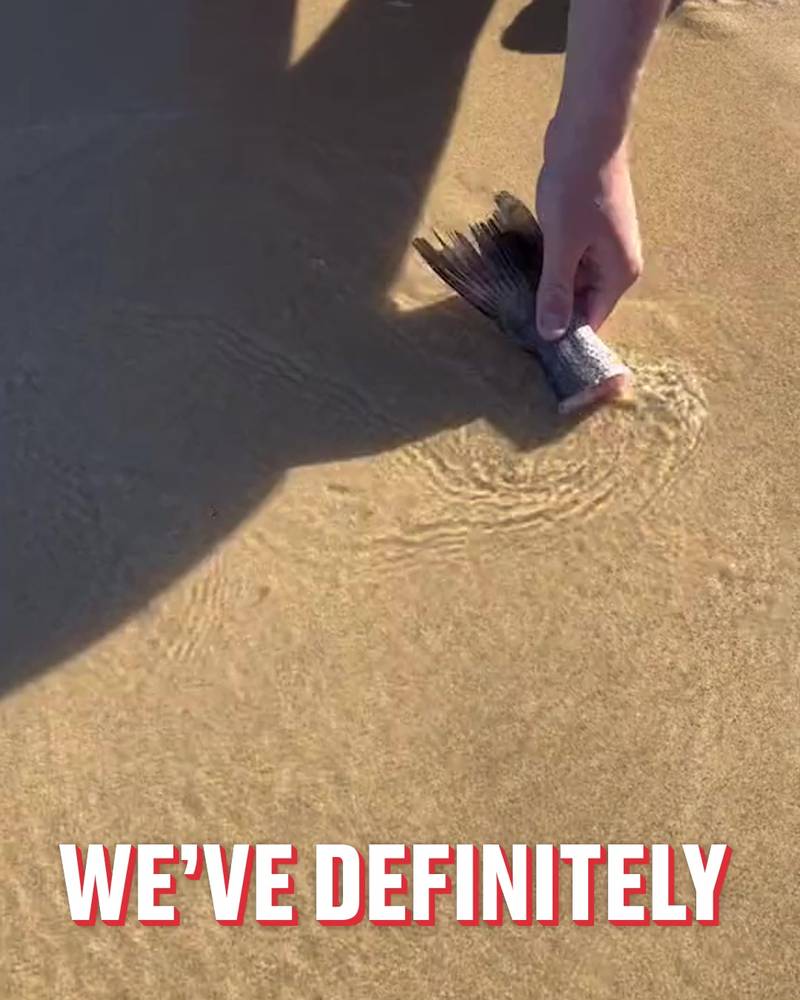
Pulling beach worms from sand
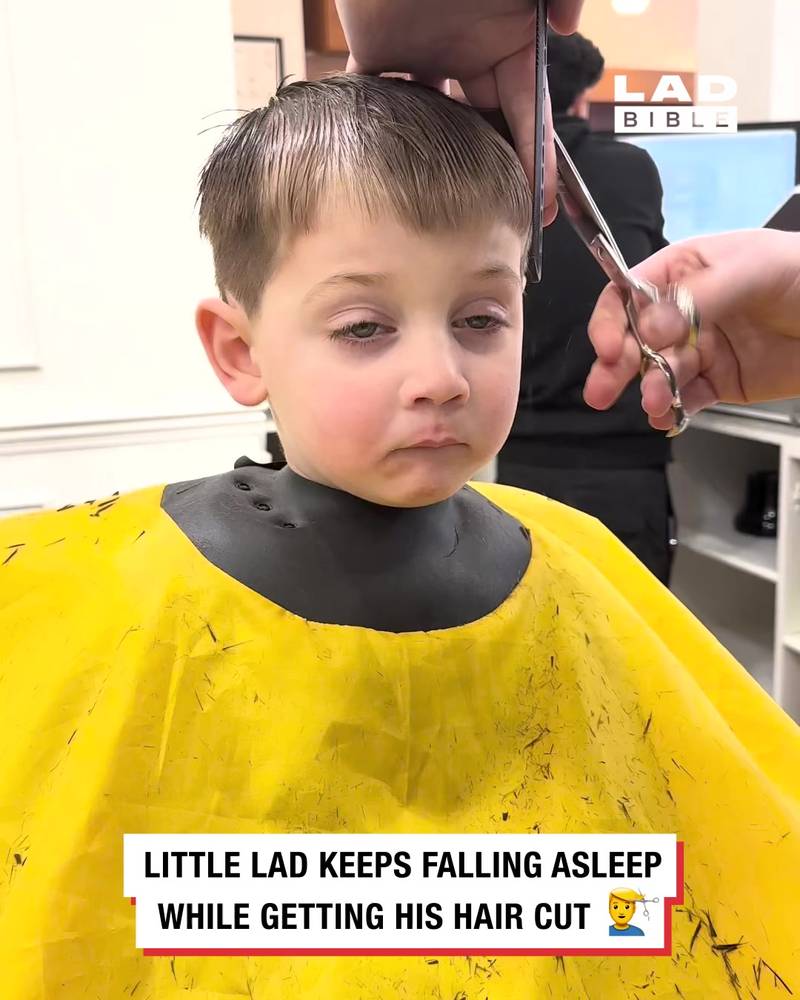
Toddler struggles to stay awake while getting haircut

Customising a dinner dress with spray paint 👗
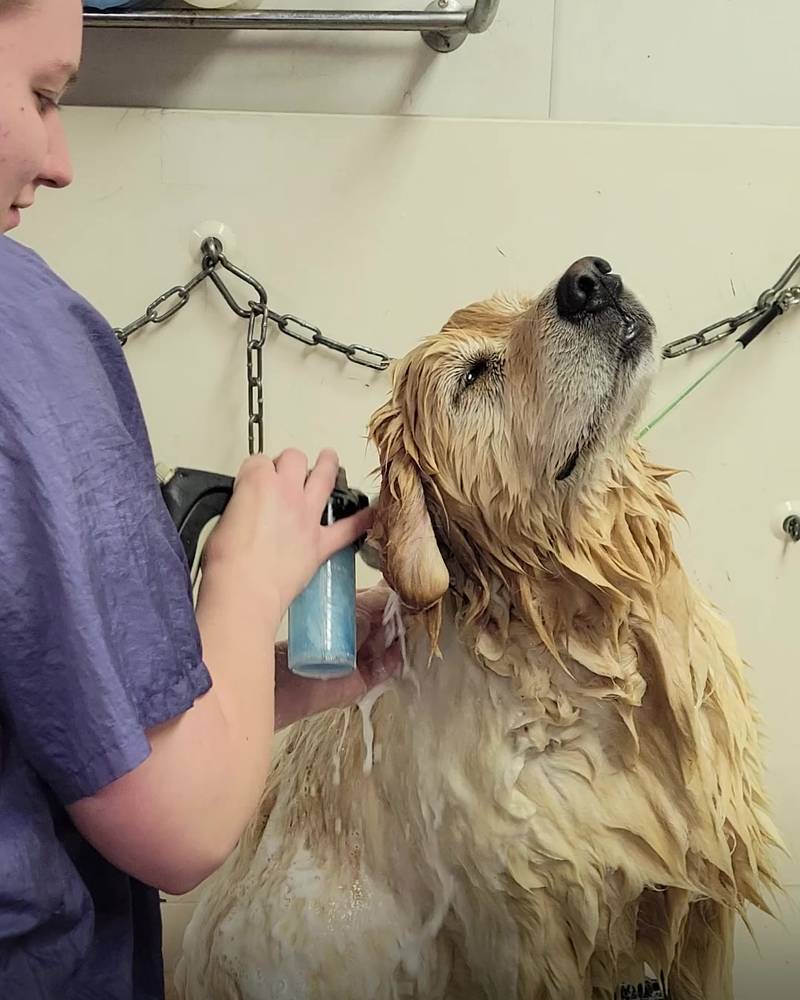
Golden absolutely loves a pamper
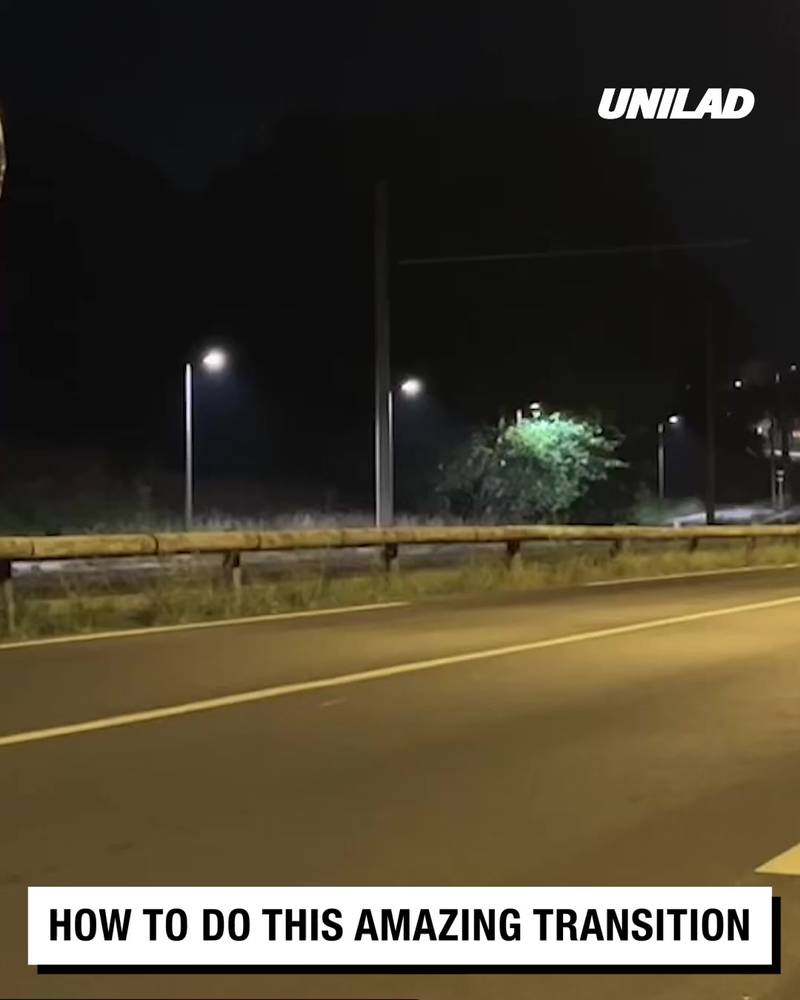
How I made the most insane transition
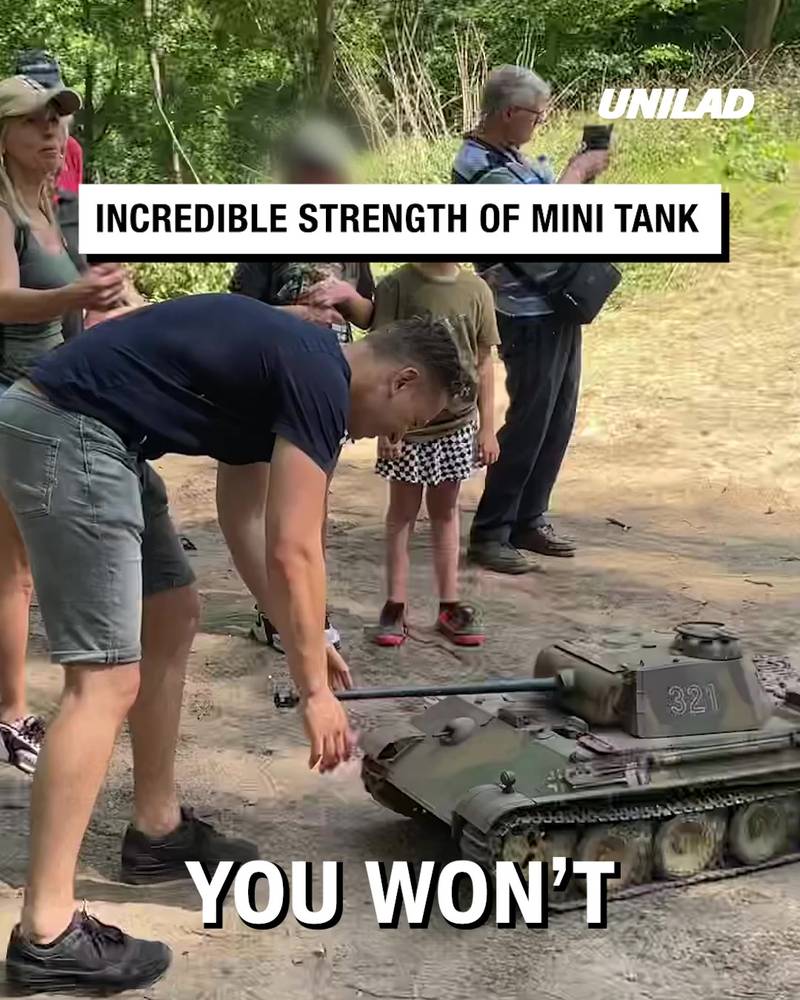
Incredible strength of mini tank 🤯💪
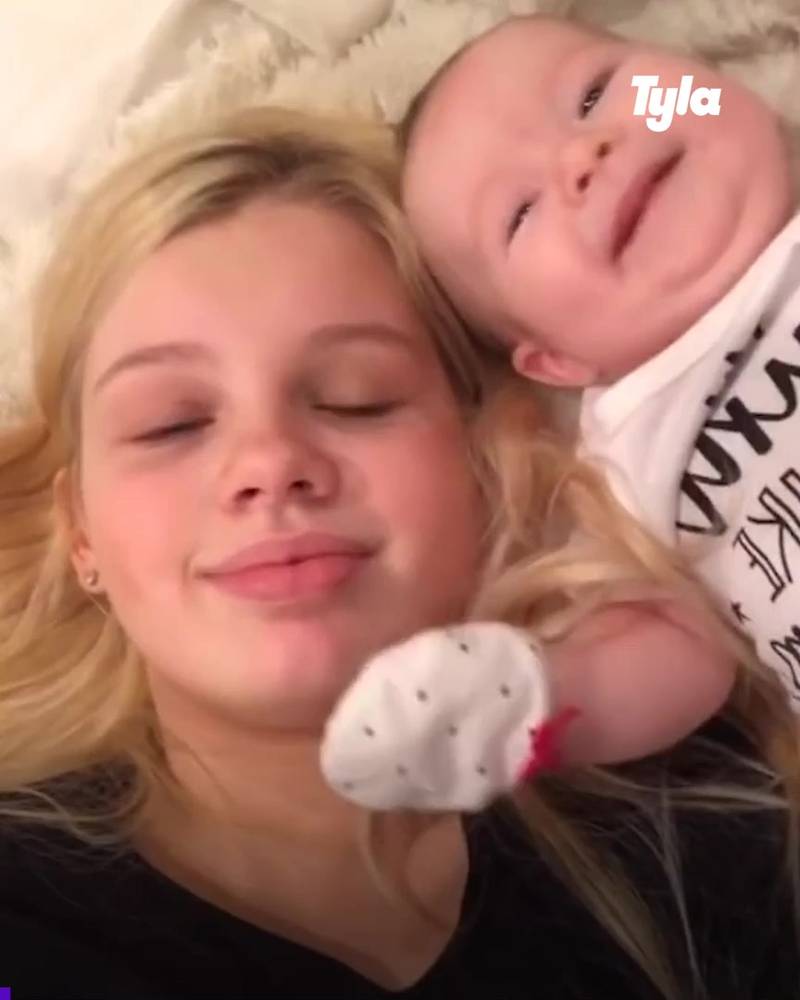
Being 13 and pregnant
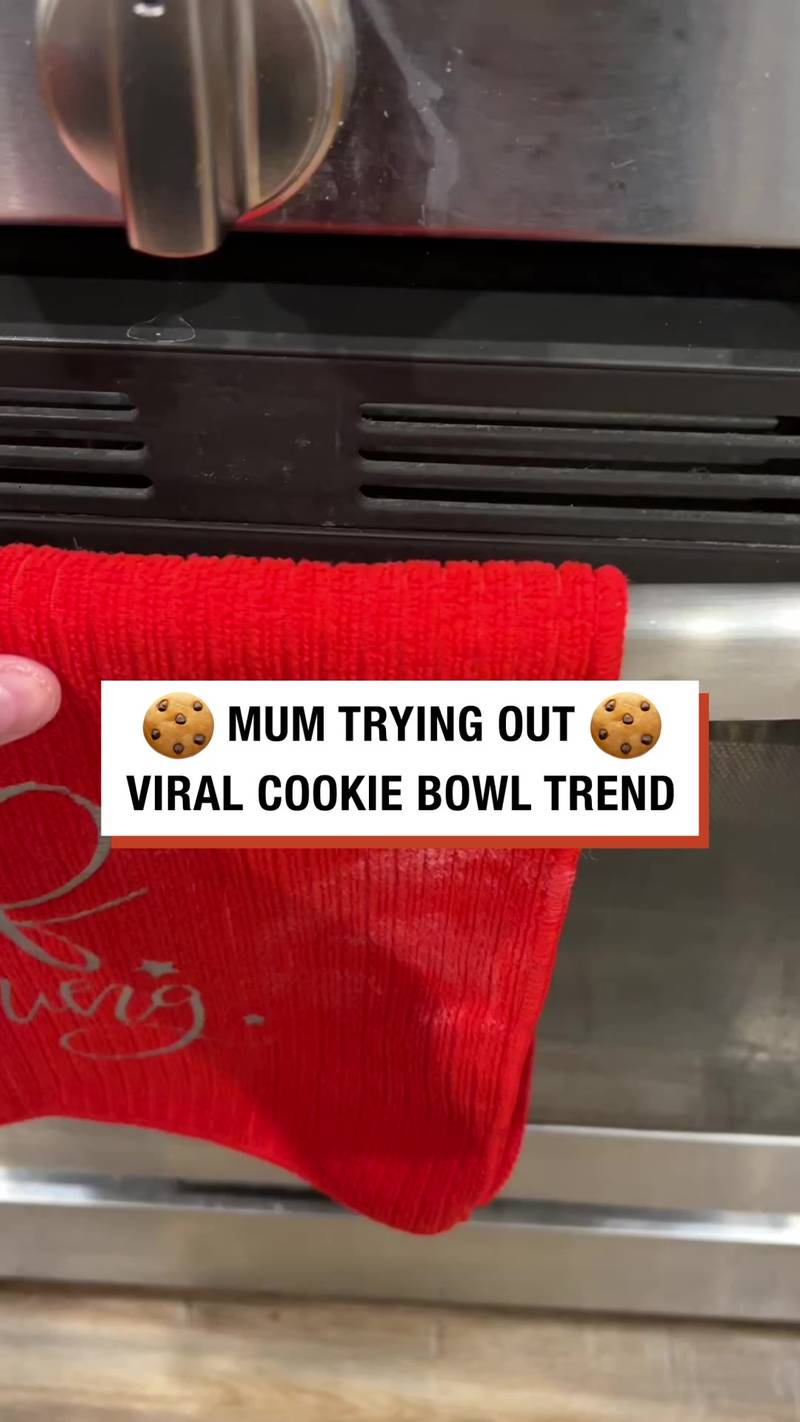
Mum try a trending cookie recipe and it makes a big mess
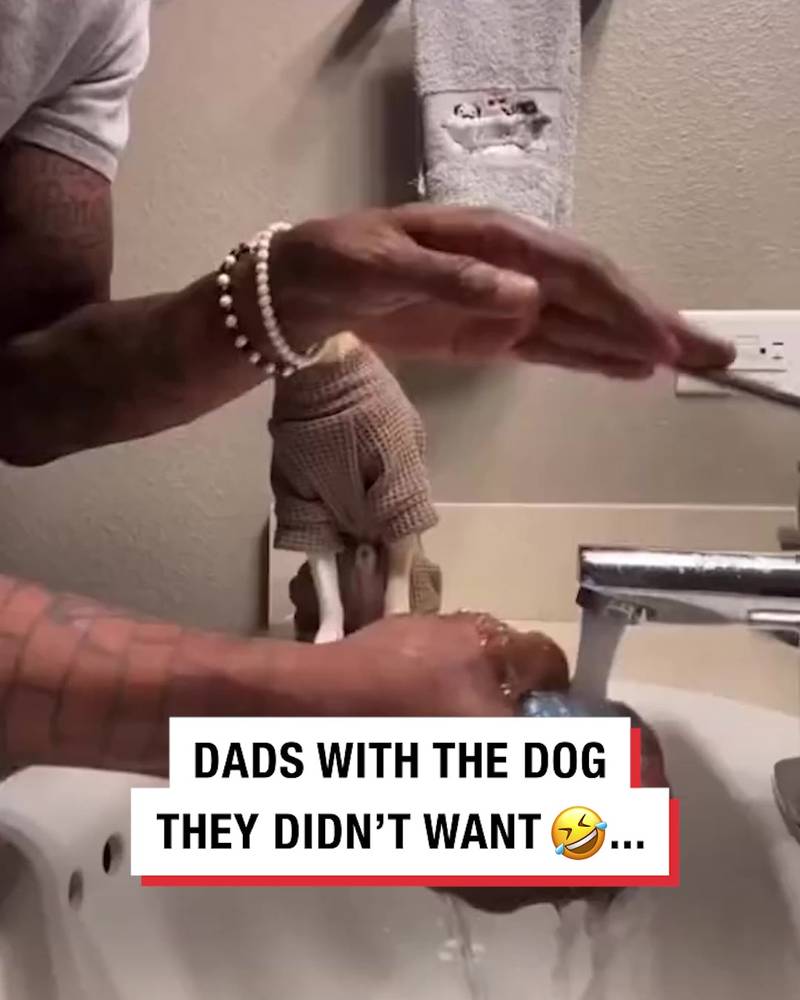
Your dad with the dog they said they didn't want...
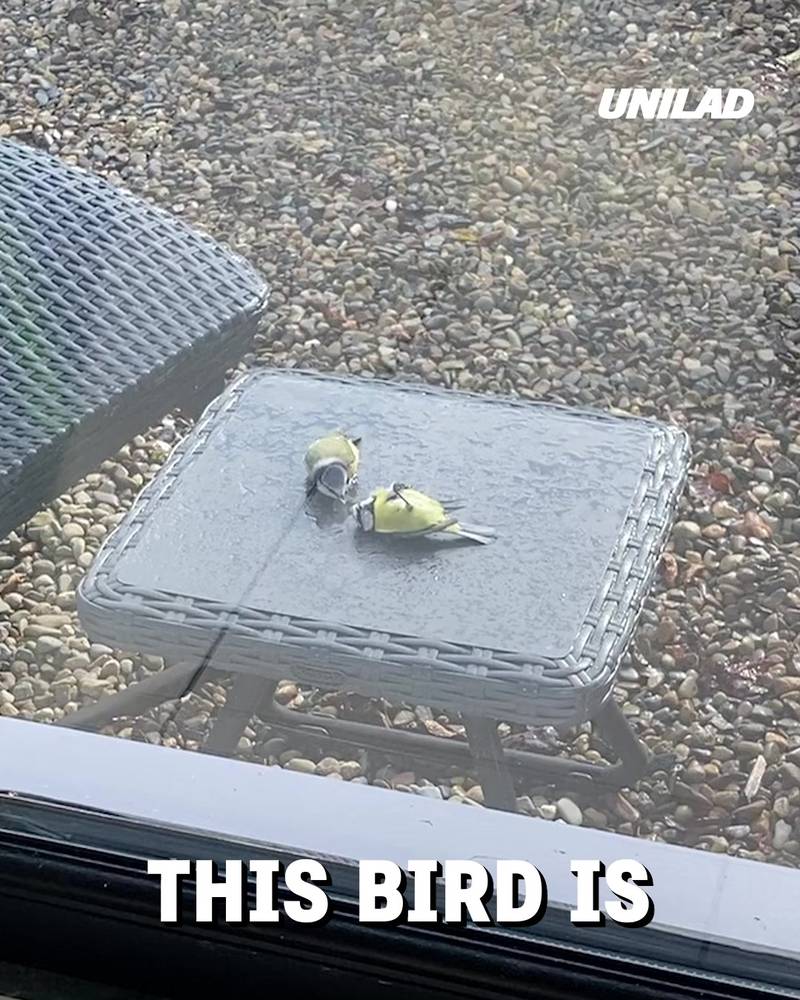
Bird revived by friend after flying into window

Dutch oven alfredo spaghetti

POV you got three Stanley cups for Christmas
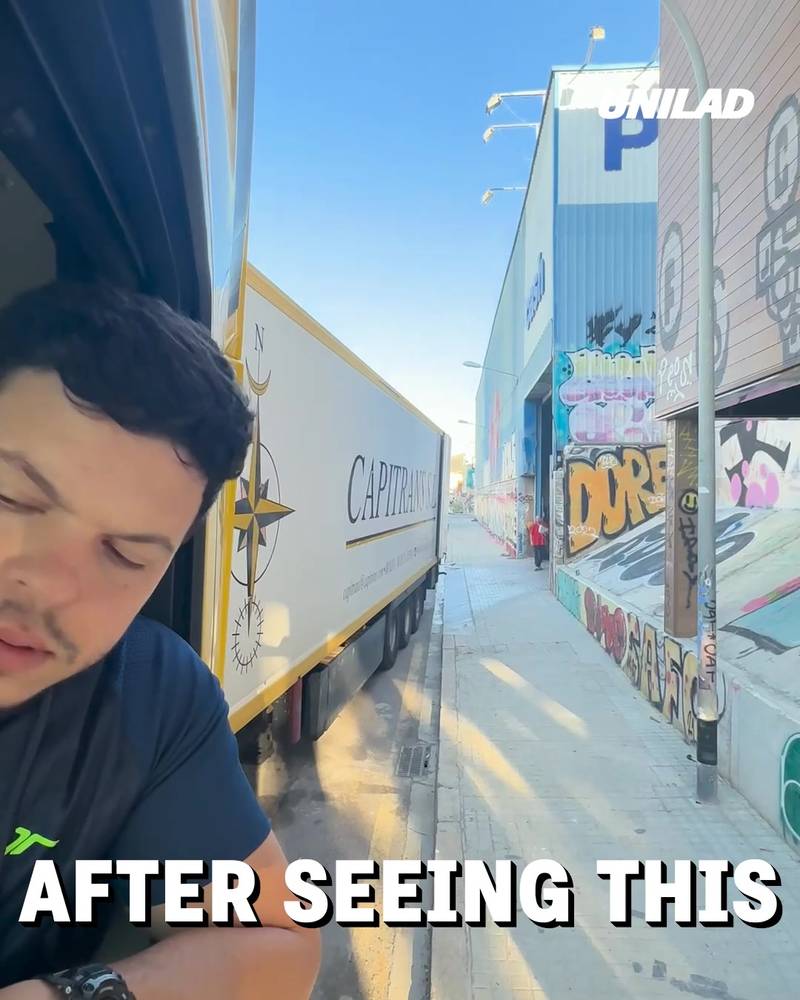
Truck driver demonstrates insane reversing skills